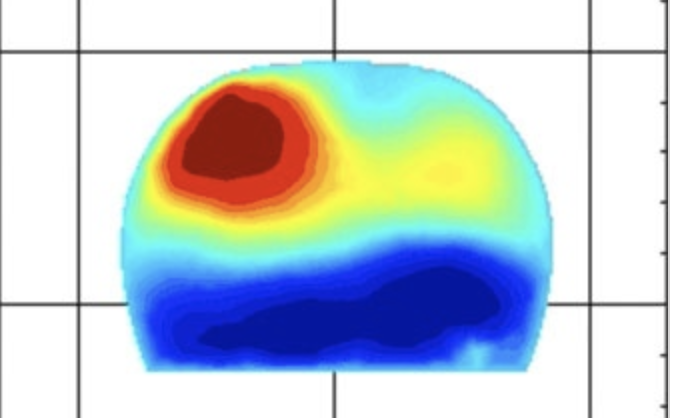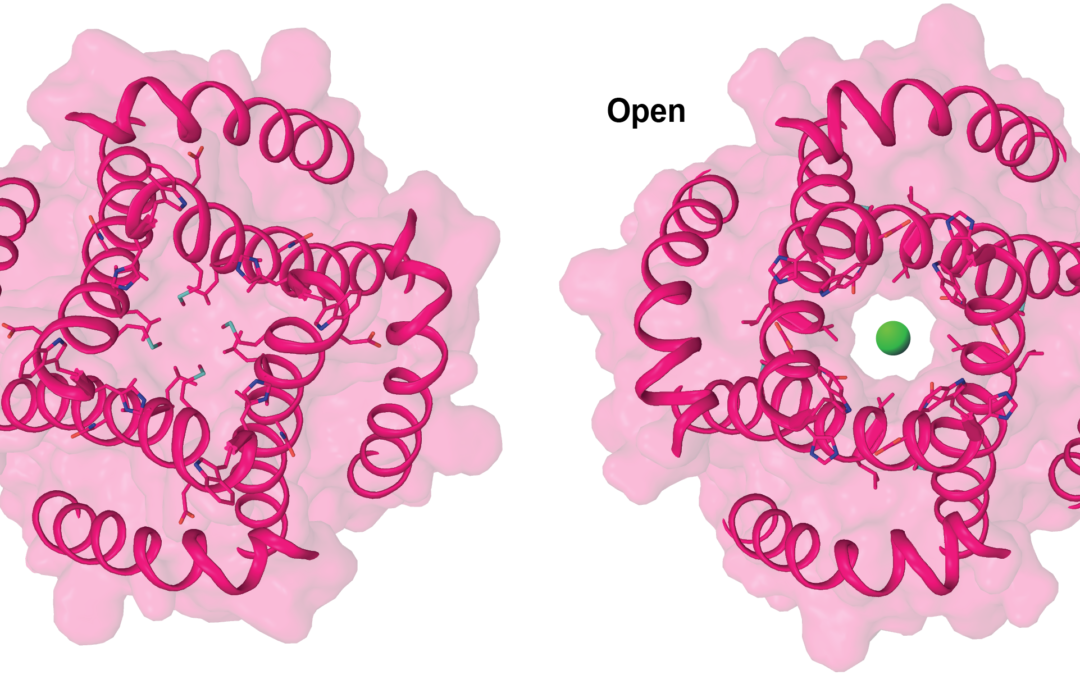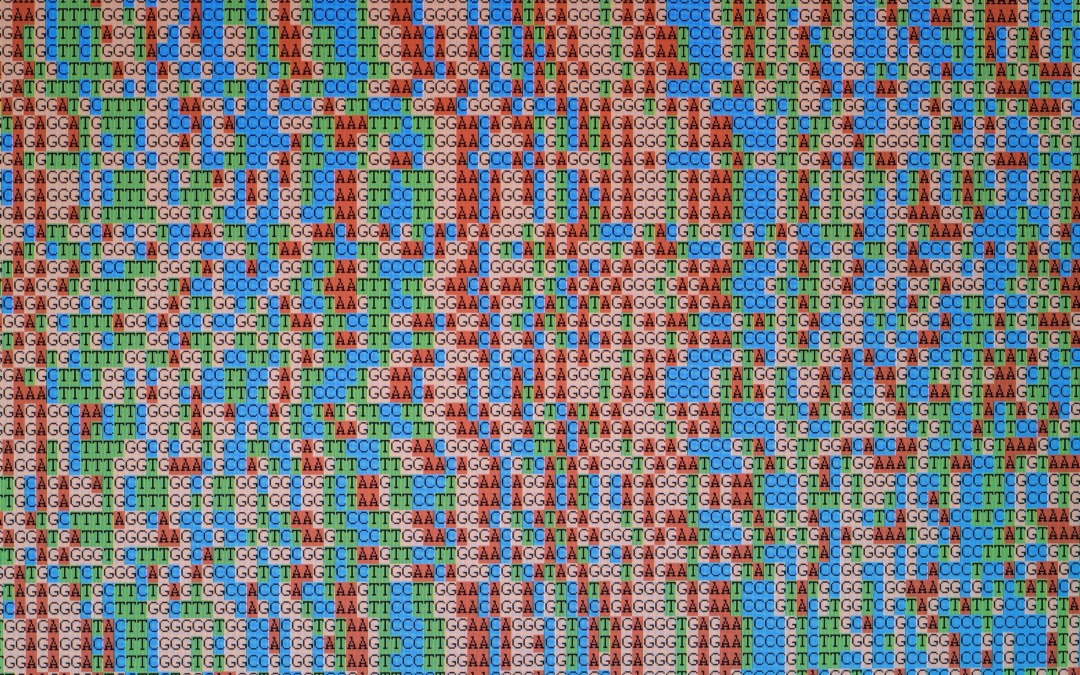
Simon Tavaré Takes Aim at Cancer with Math
A pioneering statistician and world-leading cancer expert, Tavaré will head up the newly established Herbert and Florence Irving Institute for Cancer Dynamics at Columbia University.

A pioneering statistician and world-leading cancer expert, Tavaré will head up the newly established Herbert and Florence Irving Institute for Cancer Dynamics at Columbia University.

A new optical imaging system developed at Columbia University may be able to predict response to chemotherapy as early as two weeks after beginning treatment.

Using electron microscopy, Columbia University Medical Center biologists have captured the first detailed images of a calcium membrane pore in action, revealing a potential target for treating cancer.

Columbia University Medical Center researchers have created a computational tool that can rapidly predict which genes are implicated in an individual’s cancer and recommend treatments.